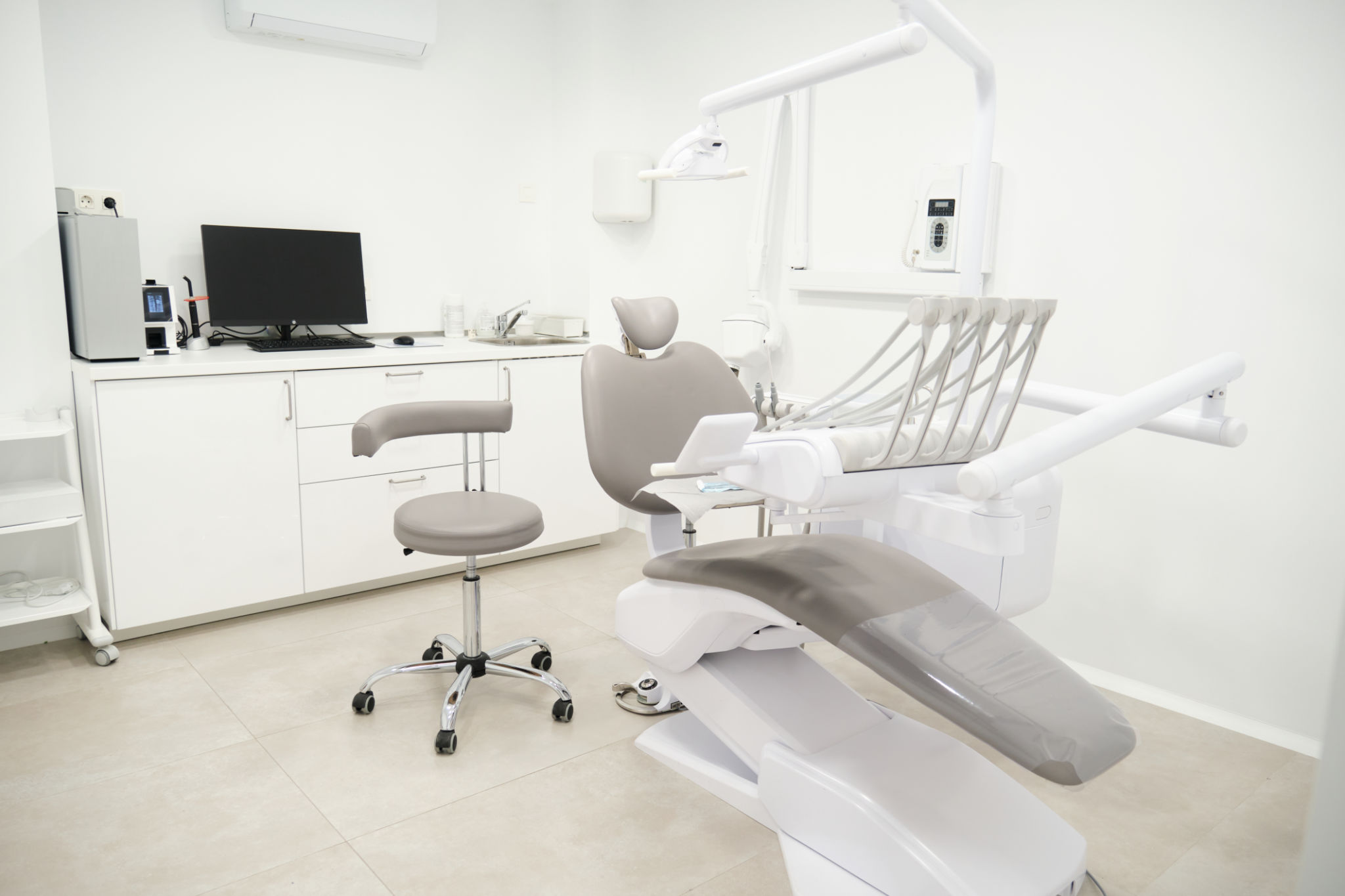Understanding Dental Implants: A Comprehensive Guide for Vernon Hills Residents
What Are Dental Implants?
Dental implants are artificial tooth roots that provide a permanent base for fixed, replacement teeth. They are crafted to blend seamlessly with your natural teeth, offering both aesthetic and functional benefits. A popular choice for those missing teeth, dental implants are known for their durability and longevity.
Unlike dentures or bridges, dental implants are a long-term solution that can last a lifetime with proper care. They are composed of three main components: the implant, the abutment, and the crown. Together, these parts work to restore both the appearance and functionality of your smile.

The Benefits of Dental Implants
There are numerous advantages to choosing dental implants over other tooth replacement options. Here are some of the key benefits:
- Natural Look and Feel: Implants are designed to mimic the look and function of natural teeth.
- Improved Comfort: Since they become part of your jawbone structure, implants eliminate the discomfort of removable dentures.
- Enhanced Oral Health: Dental implants don’t require reducing other teeth, which preserves more of your natural tooth structure.
Improved Speech and Eating
One of the significant challenges with traditional dentures is their potential to slip or move, affecting speech clarity and chewing efficiency. Dental implants solve this problem by being securely anchored in place, allowing for clear speech and the ability to enjoy your favorite foods without hesitation or discomfort.

The Dental Implant Procedure
The process of getting dental implants typically involves several stages, which can span over a few months. Here is an overview of what you can expect:
- Consultation: Your dentist will conduct a thorough examination and discuss your options.
- Surgery: The implant is surgically placed into the jawbone under local anesthesia.
- Osseointegration: Over the next few months, the implant will naturally fuse with your jawbone in a process called osseointegration.
- Abutment Placement: Once healed, an abutment is attached to the implant.
- Crown Placement: Finally, a custom crown is fitted onto the abutment.

Who Is a Candidate for Dental Implants?
Most adults who have lost one or more teeth can be considered candidates for dental implants. However, certain conditions must be met to ensure the success of the procedure. Candidates should have healthy gums and adequate bone density to support an implant. Those with chronic illnesses or heavy smokers may need additional evaluation.
Your dentist in Vernon Hills will assess your individual situation and determine if dental implants are the best option for you. They may suggest bone grafting if there is insufficient bone density to support an implant.
Caring for Your Dental Implants
Once your dental implants are in place, it's crucial to maintain them with excellent oral hygiene practices. Regular brushing, flossing, and dental check-ups will help ensure their longevity. Unlike natural teeth, implants cannot decay, but they can still be affected by gum disease if not properly cared for.
